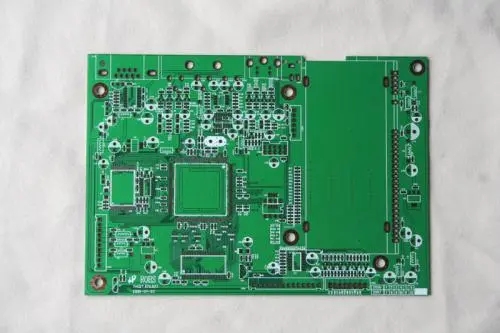Solder mask: solder mask refers to the part of the board that needs to be painted with green oil; because it is a negative output, the actual effect of the part with solder mask is not painted with green oil, but tinned and silver-white!

Soldering layer: paste mask, which is used for machine patching. It corresponds to the pads of all patch components. The size is the same as the toplayer/bottomlayer layer. It is used to open the stencil to leak tin.
Key points: Both layers are used for soldering, which does not mean one is soldered and the other is green oil; then whether there is a layer refers to the green oil layer, as long as there is this layer on a certain area, it means this Is the area insulated with green oil? For the time being, I haven't encountered such a layer! The PCB board we drew has a solder layer on the pads by default, so the pads on the PCB board are made of silver-white solder. It is not surprising that there is no green oil; but the PCB we drew The wiring part on the board only has the toplayer or bottomlayer layer, and there is no solder layer, but the wiring part on the finished PCB board is coated with a layer of green oil.
It can be understood as follows: 1. The solder mask layer means to open a window on the whole piece of solder mask green oil, the purpose is to allow soldering! 2. By default, the area without solder mask must be painted with green oil! 3. The paste mask layer is used for patch packaging! SMT package uses: toplayer layer, topsolder layer, toppaste layer, and toplayer and toppaste are the same size, topsolder is a circle larger than them. DIP package only uses: topsolder and multilayer layer (after some decomposition, I found that the multilayer layer is actually the topsolder, bottomlayer, topsolder, bottomsolder layer overlap in size), and topsolder/bottomlayer is a circle larger than toplayer/bottomlayer.
The above is the introduction to the understanding of the solder mask and the solder flux layer. Ipcb is also provided to PCB manufacturers and PCB manufacturing technology.